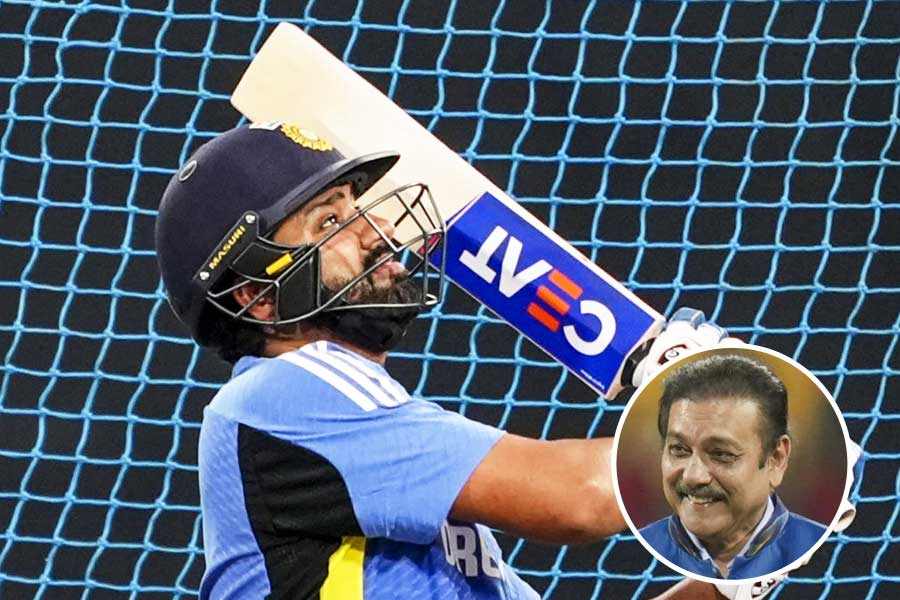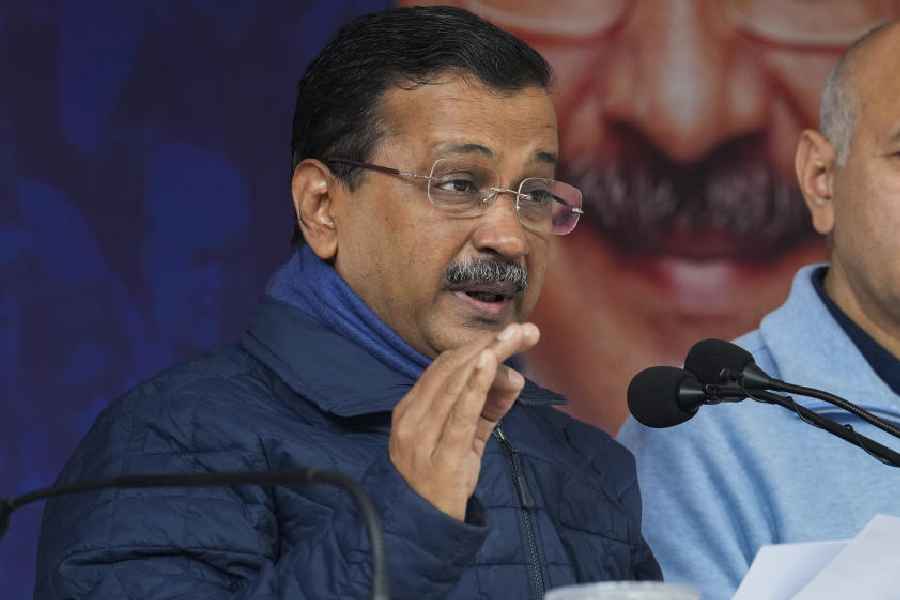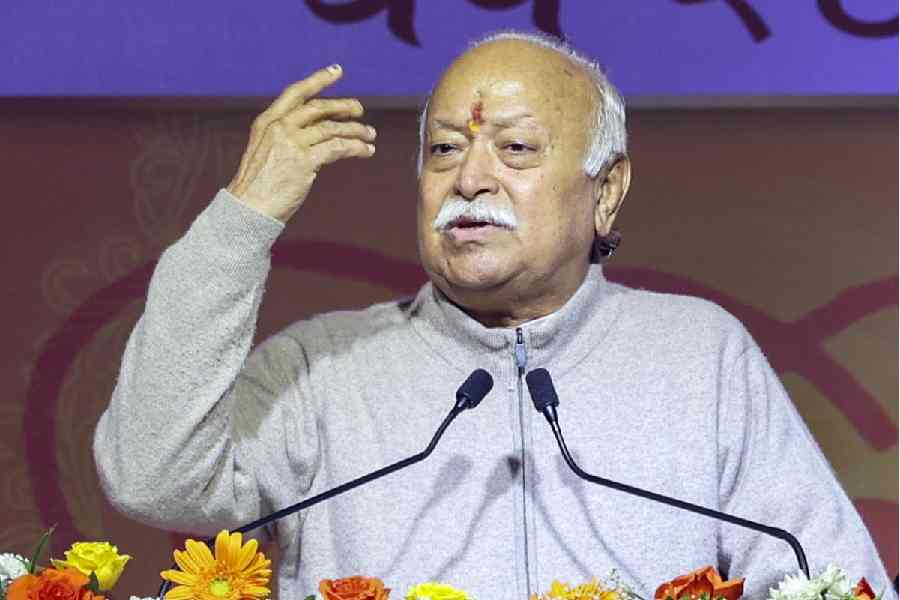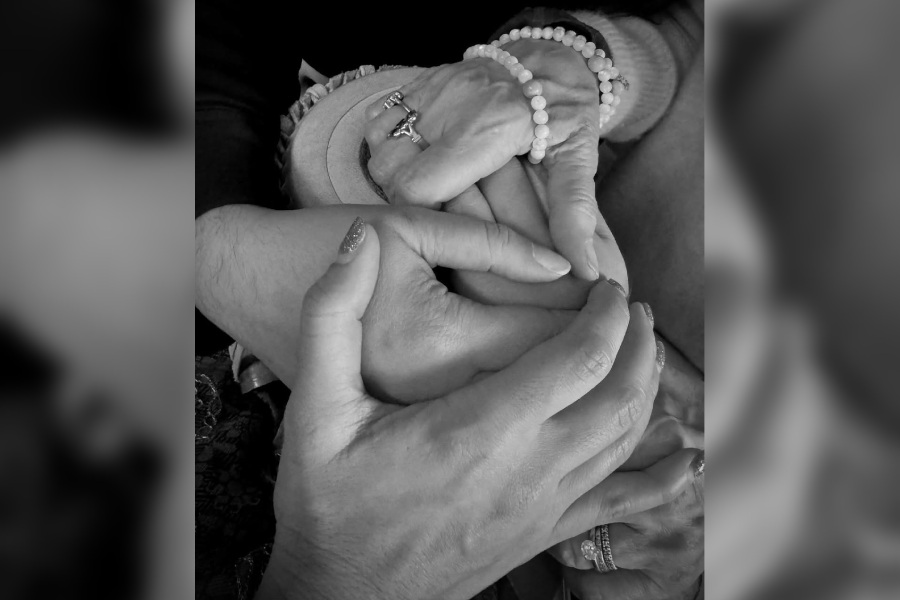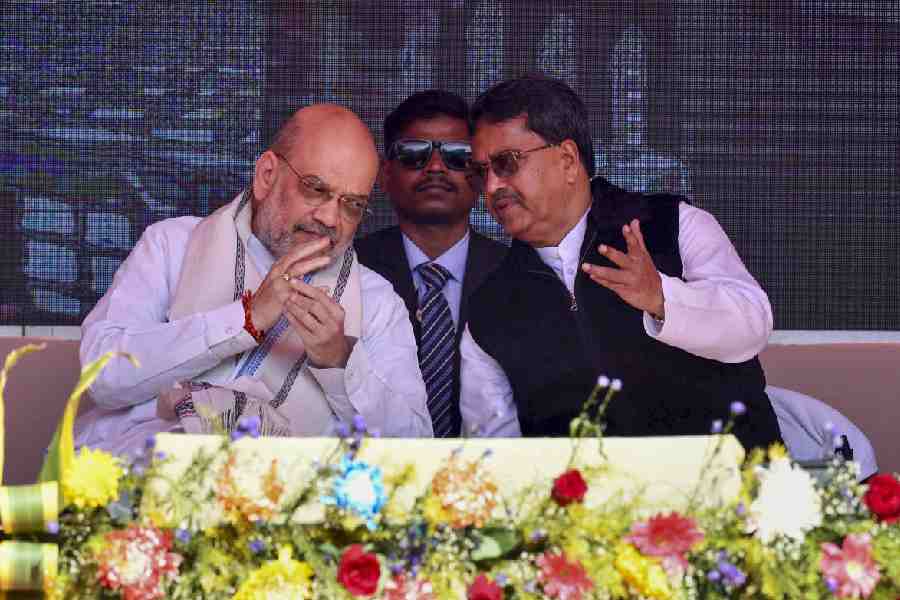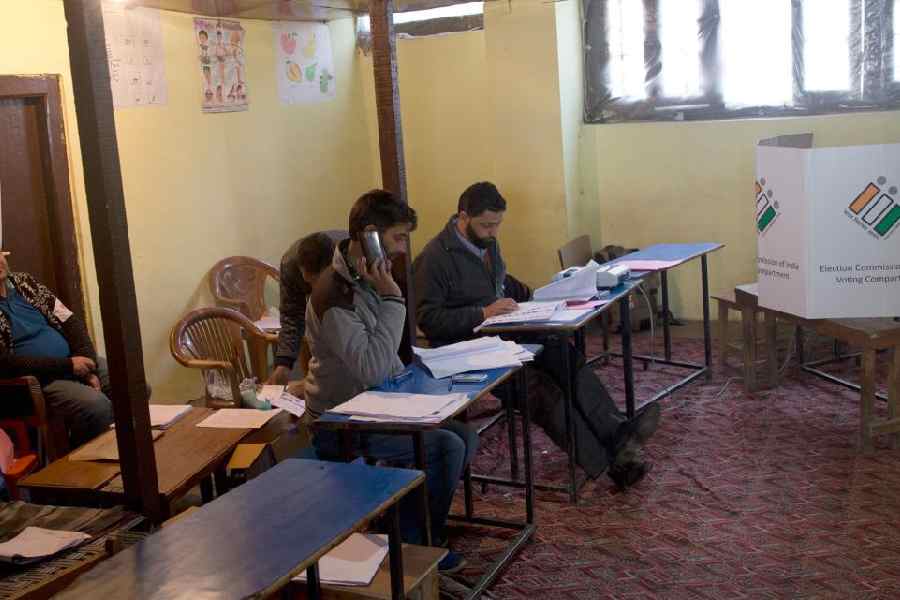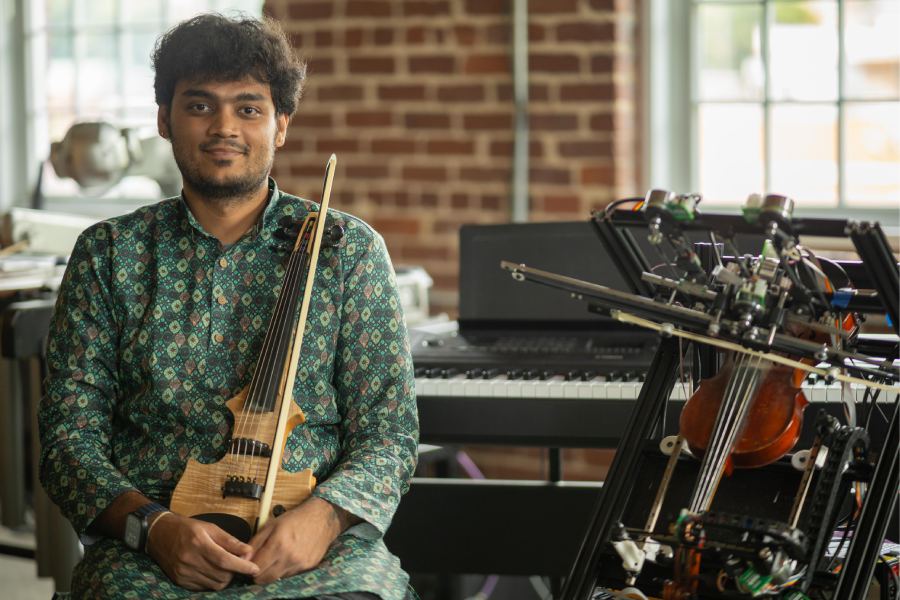Protests against the murder and gang rape of the RG Kar hospital doctor are raging not just across the country but across the globe, as Indians, led by the Bengal diaspora, have hit the streets from the UK to the US, from Germany to Canada.
“We had a kind of pride that Calcutta was safe for women. So this incident has hit us really hard. Indian students from elsewhere too are discussing this in the labs. A Bangladeshi stranger approached me in a grocery store to express solidarity,” said Prateekee Chatterjee, of the Purdue University Tagore Society, a body of Bengali students which organised a vigil on Independence Day in front of the Unfinished Block P statue, a campus memorial to students who pass away before completing their degrees.
“We plan to continue our protest in some form till there is justice,” the Durgapur girl, studying in the US since 2021, said.
Many groups decided to coincide their protest with the Reclaim the Night vigils across Bengal on Independence Day-Eve. “When we got to know of the Calcutta protests, my wife Doel Bhattacharya and two of her friends got going from 10am on the day to make posters and alert the community,” said Debarshi Bhattacharya, who stays in Hounslow, near Heathrow airport in London.
Despite the short notice, there was a turnout of close to 100 at 7pm, which is 11.30pm in India. “A paediatrician in her 50s who had passed out of RG Kar broke down while speaking on the mic,” Bhattacharya recalled, adding that another such meet happened at Leeds at the same time.
The Bengali community of Atlanta, too, decided to gather on short notice. “We met at an event on August 13 where Richa Sarkar mooted the idea,” said Debleena Bandopadhyay, a software engineer from Phulbagan who settled in the US 12 years ago.
“Initially, the local Hanuman Mandir was chosen as the venue. But when more people wanted to come in response to a flyer that was posted, we decided to look for a venue with more capacity. The manager of Global Mall, who is of Indian origin, heard of the incident from us and gave instant approval,” she said. “Something like this was not expected to happen in Calcutta. Amader ekdom nariye diyechhe. (This has totally shaken us),” she said.
In Munich, a group of Bengalis shared a protest plan on the local Sampreeti community platform as also with the Indian students’ group.
“We wanted to do it at the same time as Calcutta. Despite a heavy shower, people came to stand in vigil, candles in hand and with songs on their lips. A student came from 20km away. A family came with a four-month baby. The mother said if they got stranded somewhere by the rain, they would have stood on the sidewalk with candles by themselves, such was the intensity of emotions,” said Munmun Guha, one of the organisers.
Dipti Jain is a geriatric medicine specialist now practising at Royal Sussex County Hospital in Brighton. She is the chairperson of Medicos Women Charity Organisation, an organisation of about 150 women doctors from India, which is set to hold parallel events in London and Manchester on August 22. A third is being planned in Birmingham.
“The meets, at Parliament Square before the Gandhi statue and in St. Peter’s Square before suffragette movement activist Emmeline Pankhursts’s statue respectively, are open to all. We have close to 200 people wanting to join in either city,” said Jain, who, along with her husband graduated from Calcutta National Medical College and Hospital. “I have shown pictures of the protests in our hospitals to students.”
The majority of the small Indian community in Hamilton, Ontario, numbering about 50, gathered at McQuesten Community Park.
“It was a candlelight vigil and walk. We had posted about it on our Facebook page. We needed an outlet to speak. When we were growing up in the ’80s and ‘90s, taunts from men on the streets were the worst form of assault against women. Some friends complained of being touched on public buses... We would come home at night after library work without a care. What has our city come to?” lamented Monolina.
A non-profit called Medha had planned a fundraiser on Sunday. “While we cannot cancel it, we have shortened it by two hours, opening the venue after the curtailed programme to unregistered walk-ins. Another protest march is planned in Edison, New Jersey, which has a high density of Indians, on August 25. We are all feeling agitated and frustrated,” said Shampa Bhattacharya, who graduated from Jadavpur University in 1988.
While a vigil happened at Times Square on August 14, a bigger one happened on Saturday, for which a Calcutta student’s artwork was used for publicity. “I created a poster for my school’s alumni protest group. A senior member from New York asked if they could use it at their protest meet. I hope the spark we’ve ignited continues to burn brightly, guiding us toward a better world,” said Sampreeti Das, a computer science graduate.


